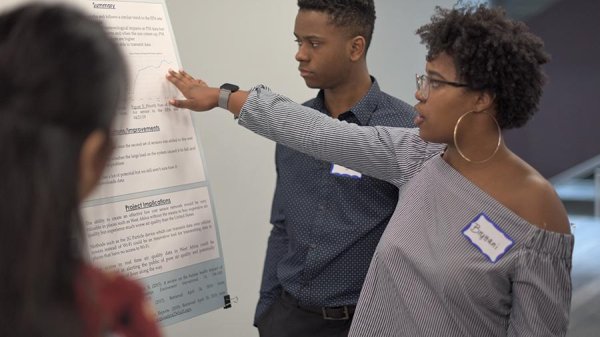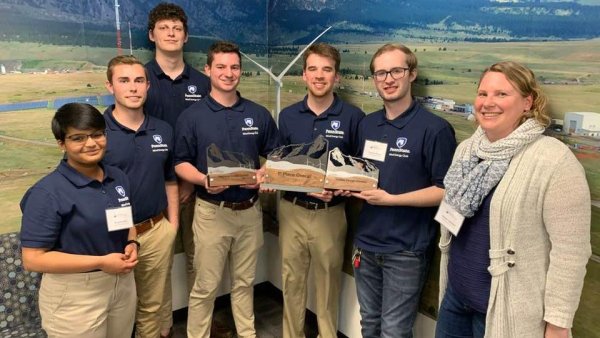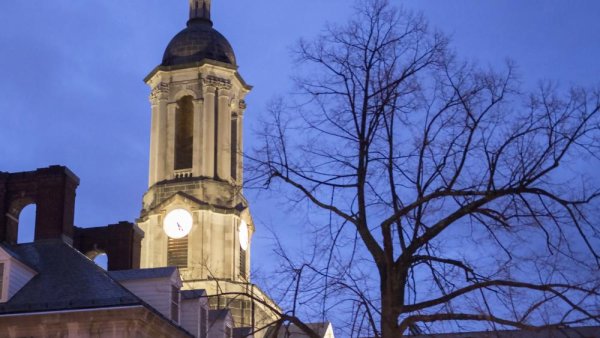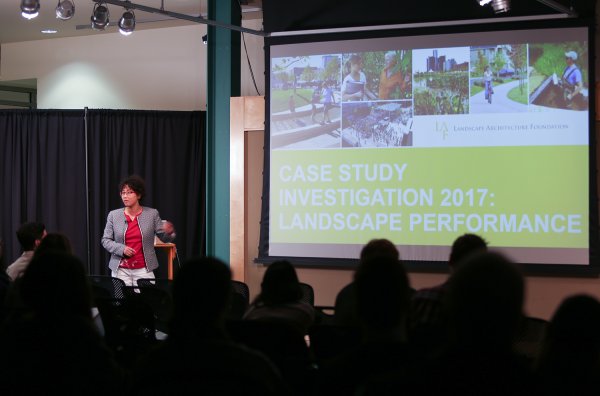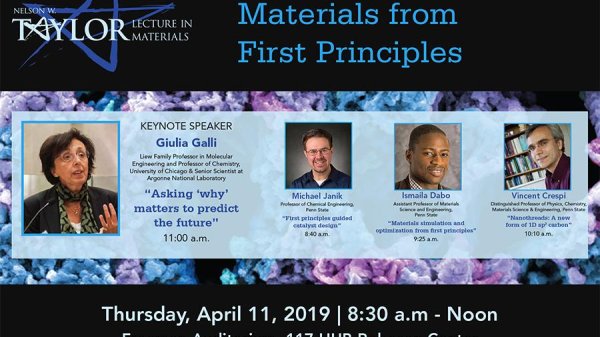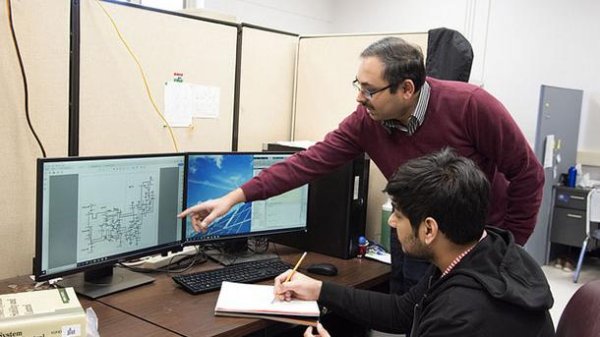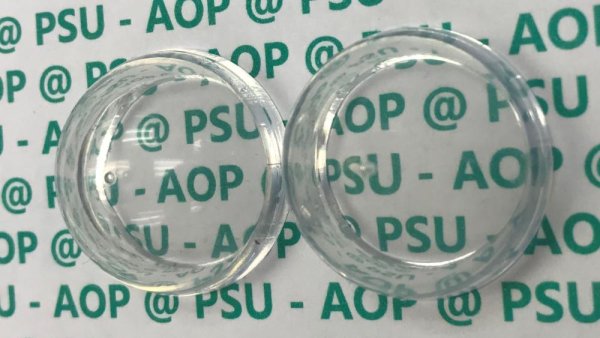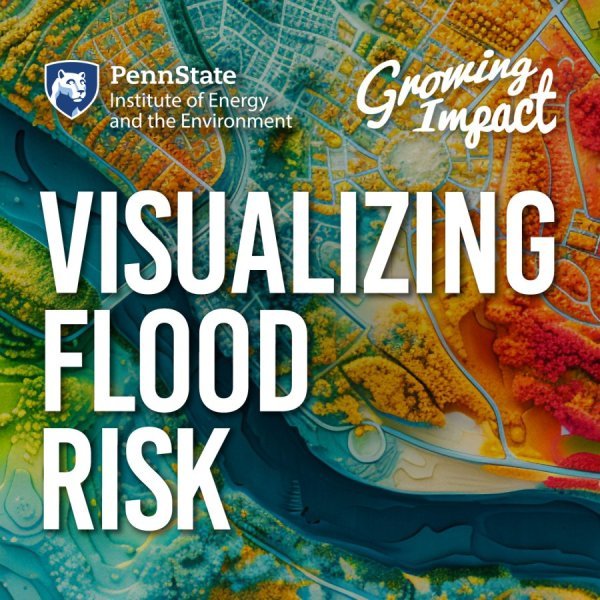Penn State EnvironMentors team wins first place in national competition
| psu.edu
A team of Penn State faculty, students and local high schoolers took first place at the 2019 EnvironMentors National Science Fair in Washington, D.C. EnvironMentors is a program that pairs university faculty and undergraduates with underrepresented high schoolers who want to gain research experience before college.
Penn State team places first in Department of Energy Collegiate Wind Competition
| psu.edu
An interdisciplinary team of 17 Penn State students recently placed first overall in the 2019 Department of Energy Collegiate Wind Competition, a contest designed to challenge undergraduate students to create unique solutions to complex wind energy projects. This is Penn State’s fourth victory in the competition in the last six years.
Institutes of Energy and the Environment announces seed grant recipients
| psu.edu
The 2018–19 Institutes of Energy and the Environment seed grant recipients have been awarded to 18 groups of interdisciplinary researchers at Penn State.
New publication stresses importance of collaboration in landscape design
| news.psu.edu
A new publication based on the proceedings of the E+D: Ecology Plus Design Symposium stresses the importance of a true partnership between designers and ecologists from the start of a landscape architecture project, through the design process, and to completion.
'Materials from First Principles' theme for 2019 Nelson W. Taylor Lecture Series
| psu.edu
The 2019 Nelson W. Taylor Lecture Series in Materials Science and Engineering will be held from 8:30 a.m. to noon on Thursday, April 11 in the HUB-Robeson Center’s Freeman Auditorium on Penn State’s University Park campus. The theme of this year’s lecture series is “Materials from First Principles.”
NSF supports new technology that increases employee mobility and blood flow
| psu.edu
The National Science Foundation has provided funding to a team of design professionals, including Penn State Stuckeman School faculty member Mihyun Kang, to develop a seating solution that improves the blood flow and mobility of workers who are required to sit for long periods of time.
Researchers look for successful end to power grid failures
| psu.edu
Anyone who has experienced an extended power outage knows that the effects can go well beyond inconvenient and become outright dangerous. Luckily, with the help of a $999,000 NSF Cyber Physical Systems grant, Nilanjan Ray Chaudhuri, assistant professor in electrical engineering, is working on research to prevent failures in the power grid and enable a quick recovery when they do occur.
Seminar to offer better understanding on AI technology and real-world uses
| psu.edu
C. Lee Giles will present a seminar on AI and machine learning and its current uses in real-world cases as part of Penn State's Institute for CyberScience seminar series.
Three research projects receive funding via College of Engineering ENGINE grants
| psu.edu
The Penn State College of Engineering recently selected three projects for funding through its Engineering for Innovation & Entrepreneurship grant program.
Penn State faculty elected senior members of the National Academy of Inventors
| psu.edu
The National Academy of Inventors has named 66 academic inventors to the inaugural class of NAI senior members. Among these are six Penn State researchers.
Changing how government assesses risk may ease extreme financial event fallout
| psu.edu
When the economy sinks, federal loan programs, such as Fannie Mae and Freddie Mac, typically all suffer from the financial shock. However, these programs treat risk separately. Penn State researchers suggest that assessing combined risk, rather than assessing it on a program-by-program basis, may lessen taxpayer burden and lower the chances of the need for bailouts.
Antireflection coating makes plastic invisible
| psu.edu
Antireflection (AR) coatings on plastics have a multitude of practical applications, including glare reduction on eyeglasses, computer monitors and the display on your smart-phone when outdoors. Now, researchers at Penn State have developed an AR coating that improves on existing coatings to the extent that it can make transparent plastics, such as Plexiglas, virtually invisible.

